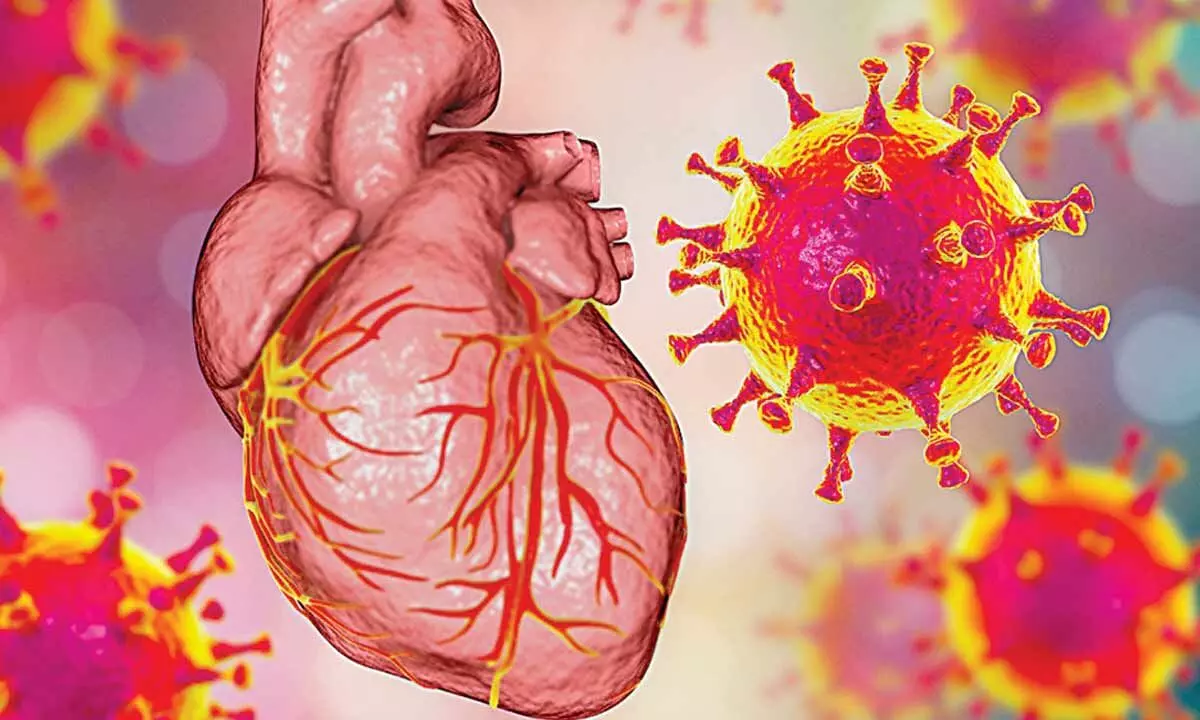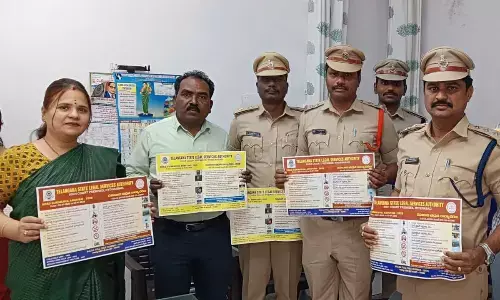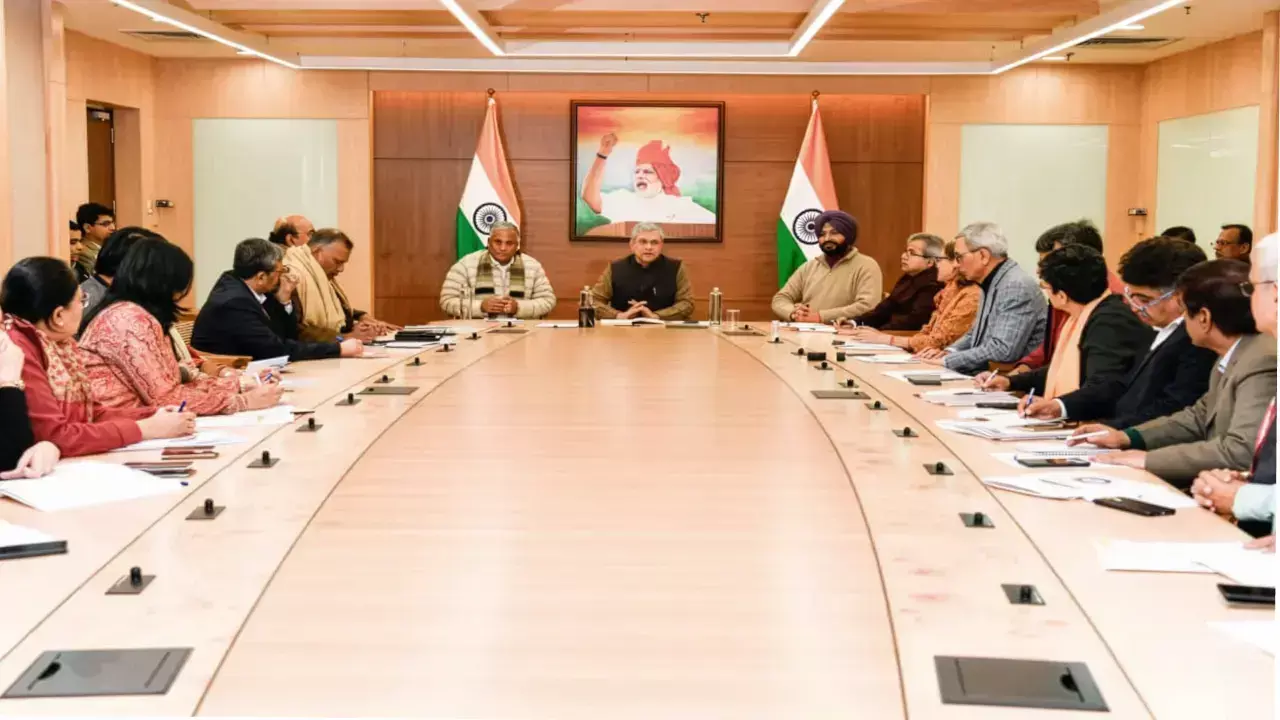Post-Covid, a number of patients developed multiple cardiac symptoms, say doctors

Post-Covid, a number of patients developed multiple cardiac symptoms, say doctors
The outbreak of Covid-19 brought with it unforeseen health challenges to people across the world
Bengaluru: The outbreak of Covid-19 brought with it unforeseen health challenges to people across the world. These included both mental and physical health issues. World over, a large number of people were seen being affected by various diseases brought about by Covid-19.
One of the physical challenges brought about by Covid-19 to a significant number of people was Cardiovascular Diseases (CVD) or heart diseases. Cardiovascular diseases include coronary artery disease, heart attacks, stroke, congestive heart failure, arrhythmia, peripheral artery disease such as limb ischemia. People affected by CVD faced greater challenges during Covid-19. Covid-19 infection can result in procoagulation state in body resulting in Blood clots in arteries and veins. Blood clots obstruct blood flow to the specific organ resulting in a lack of oxygen supply. This results in cell damage which can be irreversible if not corrected early. Such clots forming in coronary artery causes heart attack and clots in cerebral vessels (vessels suppling the brain) causes stroke.
Post Covid number of patients developed multiple cardiac symptoms such as chest pain, breathlessness, fatigue and palpitations. these symptoms can persist upto few weeks post Covid infection and often referred as long haulers although most symptoms are benign but very troubling for most patients.
"Initial during 1st and 2nd wave we saw significant number of Covid patients developing cardiovascular events. Incidences if myocardial infarction, stroke, pulmonary embolism and limb ischemia were not uncommon. Compared to the first wave of Covid-19, the second wave showed a marked increase in the number of people with CVDs. In recent waves the incidences have certainly reduced" said Dr. Naveen Chandra GS, Consultant- Interventional Cardiology, Manipal Hospitals, Varthur Road.
Another bigger challenge which have led to adverse cardiac health is the lifestyle changes forcibly induced by the pandemic-led lockdowns. Little physical activity, less focus on regular health check-ups, increase in body weight, and onset of hypertension among a greater number of people are some of the notable changes that severely affected people, bringing about cardiac issues.The Consultant - Interventional Cardiologist, Manipal Hospital Sarjapur Road, Dr. Saikat Kanjilal said, " The various causes of heart-related illness in patients with Covid 19 include hypoxic injury, which means reduced blood supply: stress cardiomyopathy which is called takotsubo cardiomyopathy in technical terms; ischemic injury caused by cardiac microvascular dysfunction, epicardia coronary artery disease which is normally the cause of heart attacks as commonly known as small cardiac vessels vasculitis i.e., inflammation of blood vessels.
Major risk factors for heart ailments due to Covid infections are obesity, hypertension, diabetes, immune-related disorders, extremes of age, mainly the elderly and old patients with a past history of heart diseases, and pregnant women. Newer studies show that people who have Covid 19 infections are more likely to develop heart ailments in the long run compared to those who haven't had Covid 19 infections, the other prominent factor, is that mental health for most patients with Covid infections took a toll on their mental health (depression/anxiety) which is a triggering factor for heart-related illness. One must also note that heart patients who had not been doing regular follow-ups have many problems featured on their medications/ treatment protocols, different essential interventions which can prove detrimental."
The pandemic is here to stay for a while. Therefore, it's best to learn to live with it, and follow certain measures to stay away from harm.
How to stay safe from CVDs
♥ Consult a cardiologist at the first hint of symptoms
♥ Remain focused on reaching your health goals, and intake of medicines, where prescribed
♥ Undergo regular health check-ups to keep a tab on your sugar level, blood pressure
♥ Maintain a healthy body weight. Don't let obesity overtake you. This can help prevent heart-related diseases affecting you
♥ Cultivate a healthy lifestyle. Consume healthy foods, get enough rest, and give priority to physical activities that can help keep your heart healthy.















